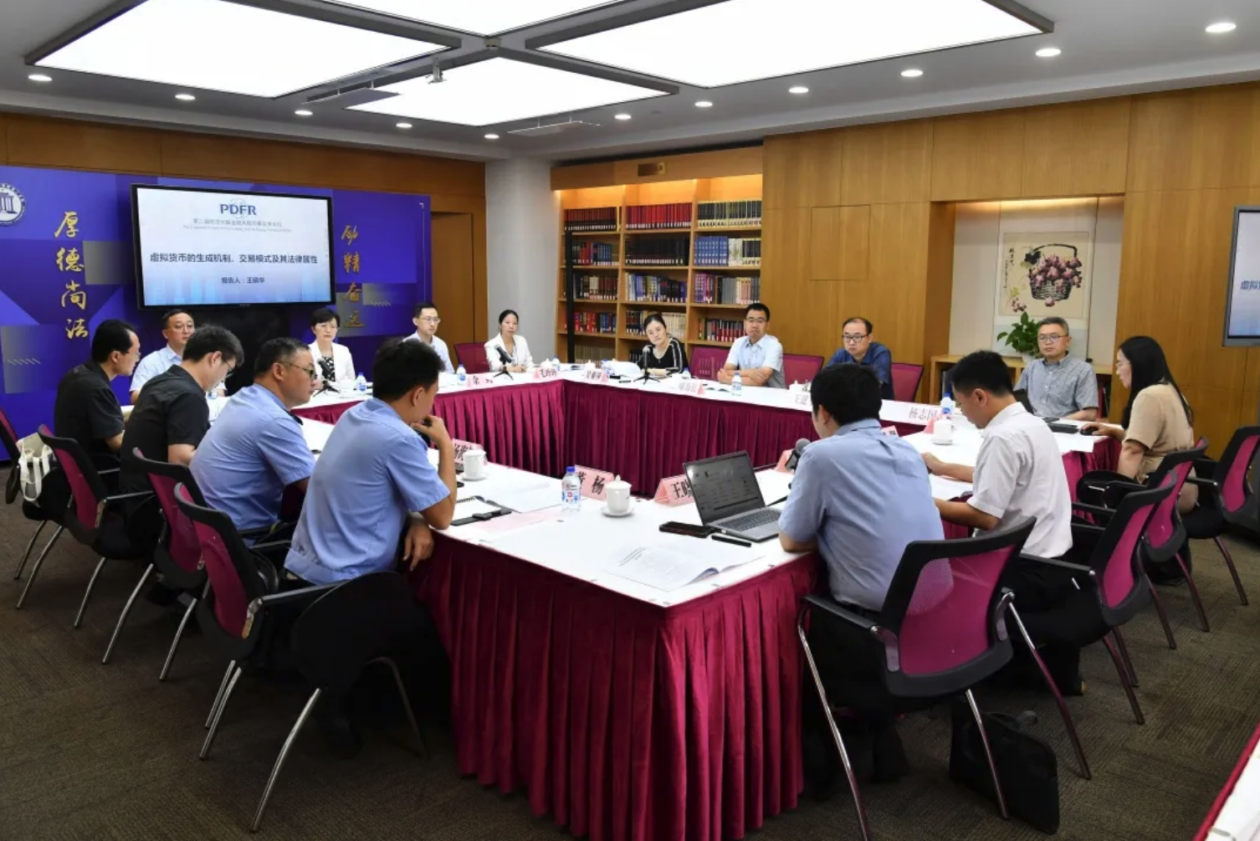A Shanghai procuratorate has held a seminar gathering judges, police, procurators and scholars to discuss how crimes related to cryptocurrency fit into China’s current legal framework.
Fast facts
- The procuratorate said in a post on Monday that there had been confusion as to how to categorize cryptocurrencies. Some consider them data, while others regard them as property, which could lead to different criminal charges in theft, robbery, fraud and money laundering cases.
- Yu Haisong, head of criminal cases at the research office of the Supreme Court, said at the seminar that virtual assets had the nature of property assets, but that it remained unclear in the law whether they could really be classified as property, according to the post.
- Mao Lingling, a professor at the East China University of Political Science and Law, said at the seminar that when cryptocurrency, which is not limited by numbers, fall outside the scope of financial regulation, it could impact the status of legal tender and affect international payment and clearing systems.
- China has seen a rising number in crimes related to crypto. One of the world’s biggest crypto scams, the PlusToken Ponzi scheme, was centered on the country. The scam promised investors interest rates of 9% to 15%, but ultimately defrauded them. In total, it swindled 2 million victims out of 14.8 billion yuan (US$2.25 billion) in cryptocurrencies, according to the Intermediate People’s Court in Yancheng, Jiangsu Province. The ringleaders were sentenced to up to 11 years in prison.
- Guo Shuqing, president of the China Banking and Insurance Regulatory Commission, said in April that the commission had added illegal fundraising in the name of blockchain and cryptocurrencies as a new form of illegal fundraising.





